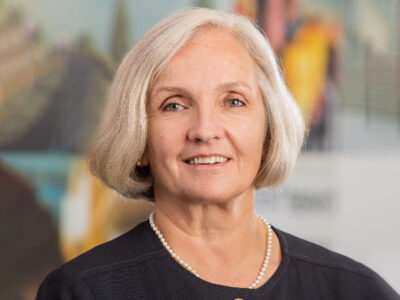Breast cancer research is big business. And the incentives in that business are designed to benefit industry, doctors and institutions, leaving patients behind. In 2018 alone, about $1 billion federal dollars were invested in institutions around the country to fund research.
Around March, my friend Howard Ozer told me he was heading out on a safari. He did these things often, adding to his collection of trophies.
Charles A. Coltman Jr., a pioneer of treatment of leukemia and lymphoma, a long-time chair of SWOG, and a co-founder of the San Antonio Breast Cancer Symposium, died after a long illness on Nov. 28. He was 88.
Lisa Schwartz, professor of Medicine and of Community and Family Medicine at Dartmouth Medical School died on November 29 after a seven-year struggle with cancer—a terrible loss to all who knew her.
On the eve of the Thanksgiving holiday, FDA delivered a flurry of decisions: approvals for two therapies—venetoclax and glasdegib—to treat a deadly form of blood cancer called acute myeloid leukemia (AML), and a priority review designation for another therapy—quizartinib—to treat the same disease. A fourth therapy to treat AML—gilteritinib—received an FDA approval on Nov. 28.
Ziopharm Oncology Inc., announced a clinical supply agreement with Regeneron Pharmaceuticals Inc. to evaluate Ziopharm's Ad-RTS-hIL-12 plus veledimex in combination with Regeneron's PD-1 antibody Libtayo (cemiplimab-rwlc) to treat patients with recurrent glioblastoma.
The clinical collaboration between Immunomedics Inc. and AstraZeneca and MedImmune for the development of Imfinzi (durvalumab) and sacituzumab govitecan combination therapy has been broadened to include second-line metastatic non-small cell lung cancer, the companies said.
FDA has granted priority review for Genentech's supplemental Biologics License Application for Tecentriq (atezolizumab) plus chemotherapy, Abraxane (albumin-bound paclitaxel; nab-paclitaxel) for the first-line treatment of unresectable locally advanced or metastatic triple-negative breast cancer in people whose disease expresses the PD-L1 protein, as determined by PD-L1 biomarker testing.
The Committee for Medicinal Products for Human Use of the European Medicines Agency has adopted a positive opinion recommending an expanded indication for Kisqali (ribociclib), the CDK4/6 inhibitor with the largest body of first-line clinical trial evidence demonstrating consistent, superior and sustained efficacy compared to endocrine therapy alone.
FDA approved Erleada (apalutamide) for the treatment of non-metastatic castration-resistant prostate cancer. This is the first FDA-approved treatment for this indication.










